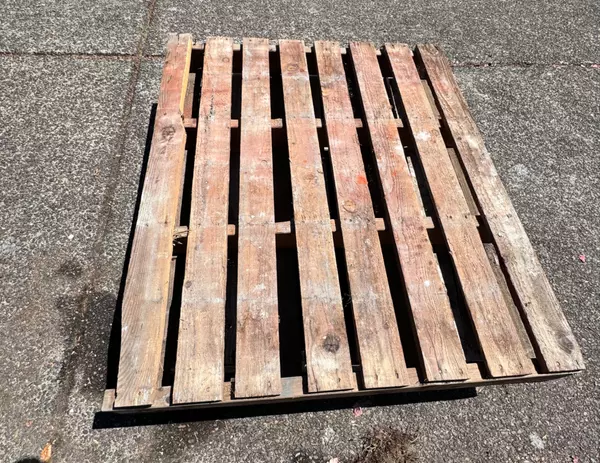Hello, I’m Joshy Abraham, a real estate agent dedicated to serving homeowners in Bethany, Beaverton, Hillsboro, and Portland. Radon gas is an often-overlooked but critical issue that can affect the safety and health of your home. In this blog, we'll explore what radon gas is, its health risks, the importance of radon inspections, and how to mitigate its presence in your home.
What is Radon Gas?
Radon is a naturally occurring radioactive gas that is produced by the decay of uranium in soil, rock, and water. It is colorless, odorless, and tasteless, making it impossible to detect without proper testing. Radon can seep into homes through cracks in the foundation, gaps around pipes, and other openings, leading to potentially dangerous levels of indoor air contamination.
Health Risks of Radon Exposure
Long-term exposure to radon gas is the second leading cause of lung cancer in the United States, after smoking. The risk is particularly high for smokers who are also exposed to radon. According to the Environmental Protection Agency (EPA), radon exposure causes about 21,000 lung cancer deaths each year. It is crucial to address radon issues to ensure a safe living environment.
Importance of Radon Inspections
Given the serious health risks associated with radon exposure, it’s essential to have your home tested, especially if you live in an area known for high radon levels. Here’s why radon inspections are crucial:
-
Health Protection: Regular radon testing can help identify elevated radon levels in your home, allowing you to take action to protect your health and the health of your family.
-
Peace of Mind: Knowing that your home has been tested and is safe from high radon levels provides peace of mind for you and potential buyers if you decide to sell your property.
-
Real Estate Transactions: Many buyers request radon testing as part of the home inspection process. Having recent radon test results can streamline the selling process and demonstrate your commitment to maintaining a safe home.
Radon Inspection Process
-
Initial Testing: Radon testing can be conducted using short-term or long-term tests. Short-term tests, which last from 2 to 90 days, provide quick results, while long-term tests, lasting more than 90 days, offer a more accurate assessment of average radon levels.
-
Placement of Test Kits: Test kits should be placed in the lowest level of the home that is regularly used, such as a basement or first floor. Ensure the test kits are not placed near windows, doors, or other openings that could affect accuracy.
-
Professional Testing: For the most accurate results, consider hiring a qualified radon measurement professional. They have the expertise and equipment to conduct thorough testing and interpret the results accurately.
-
Interpreting Results: The EPA recommends taking action if radon levels are at or above 4 picocuries per liter (pCi/L) of air. Even lower levels can pose a risk and should be monitored.
Radon Mitigation Strategies
If your home has elevated radon levels, there are several effective mitigation strategies to reduce radon concentrations:
-
Sub-Slab Depressurization: This is the most common and effective method for radon mitigation. It involves installing a vent pipe system and fan to draw radon from beneath the foundation and vent it outside.
-
Sealing Cracks and Openings: Sealing cracks in the foundation and gaps around pipes can help reduce the entry points for radon. However, sealing alone is not sufficient as a primary mitigation method.
-
Crawl Space Ventilation: For homes with crawl spaces, increasing ventilation in the crawl space can help reduce radon levels. This can be achieved through the installation of vents or fans.
-
Radon-Resistant New Construction: If you’re building a new home, consider incorporating radon-resistant construction techniques, such as installing a radon barrier and vent pipe system during construction.
Understanding the risks associated with radon gas and taking proactive measures to test and mitigate its presence is essential for maintaining a safe and healthy home. As a real estate agent serving Bethany, Beaverton, Hillsboro, and Portland, I, Joshy Abraham, am committed to providing you with the knowledge and resources you need to make informed decisions in your real estate transactions.
For more tips and insights on homeownership, follow my blog and stay informed about best practices for maintaining and enhancing your home’s value. Feel free to reach out with any questions or for personalized real estate advice. Together, we can ensure your home remains a safe, comfortable, and valuable asset.
Disclaimer
The information provided in this blog is for general informational purposes only and should not be considered professional advice. Always consult with a qualified radon measurement and mitigation professional for accurate testing and mitigation services. Joshy Abraham and the associated real estate agency are not responsible for any actions taken based on the information provided in this blog.











